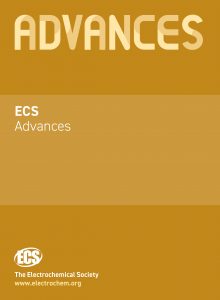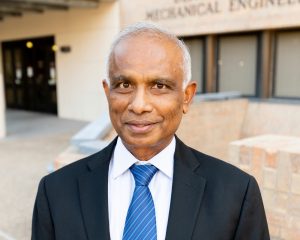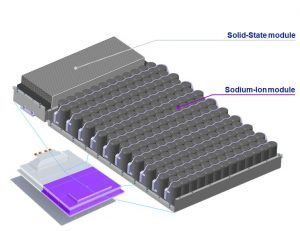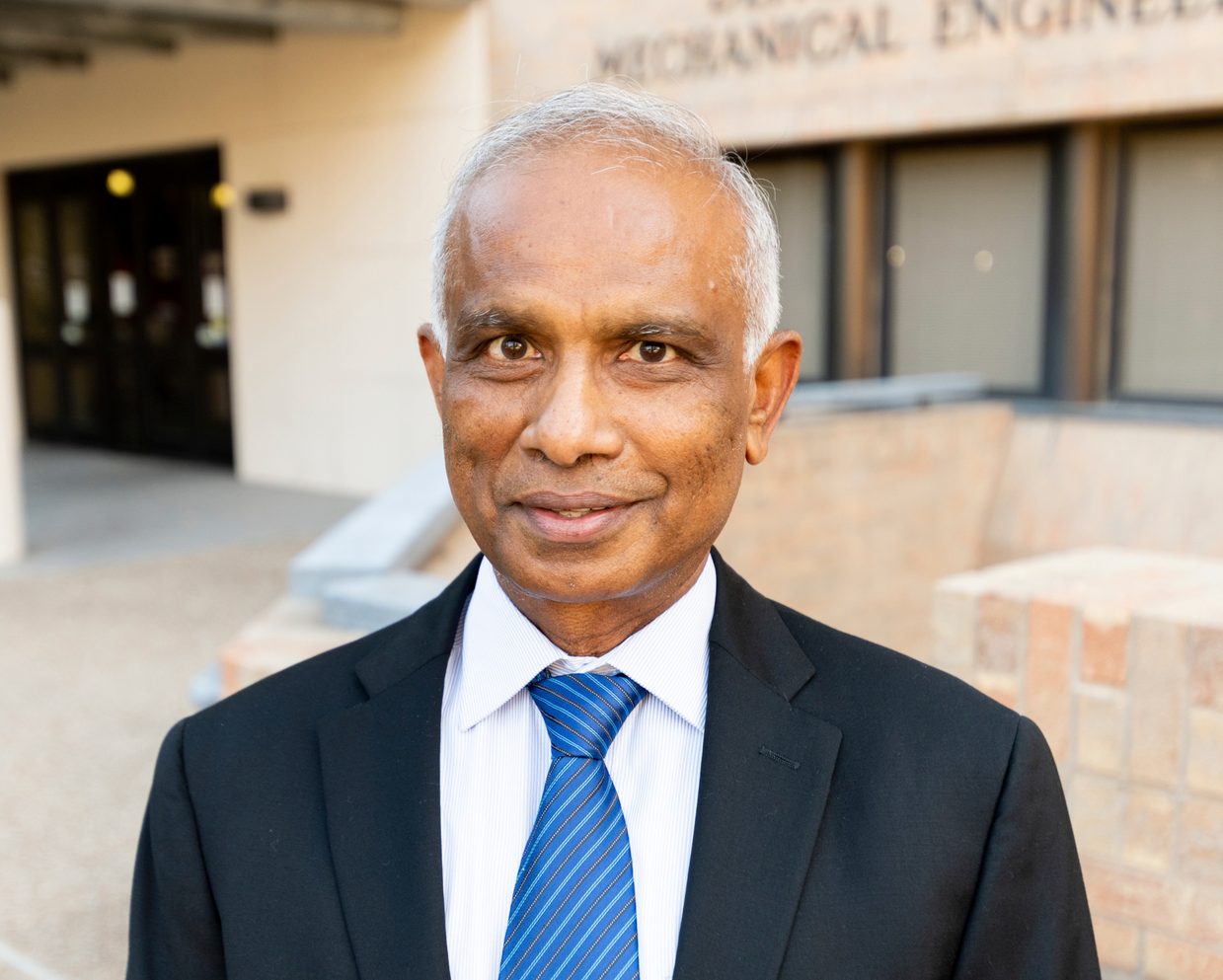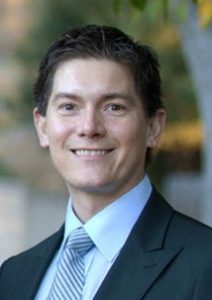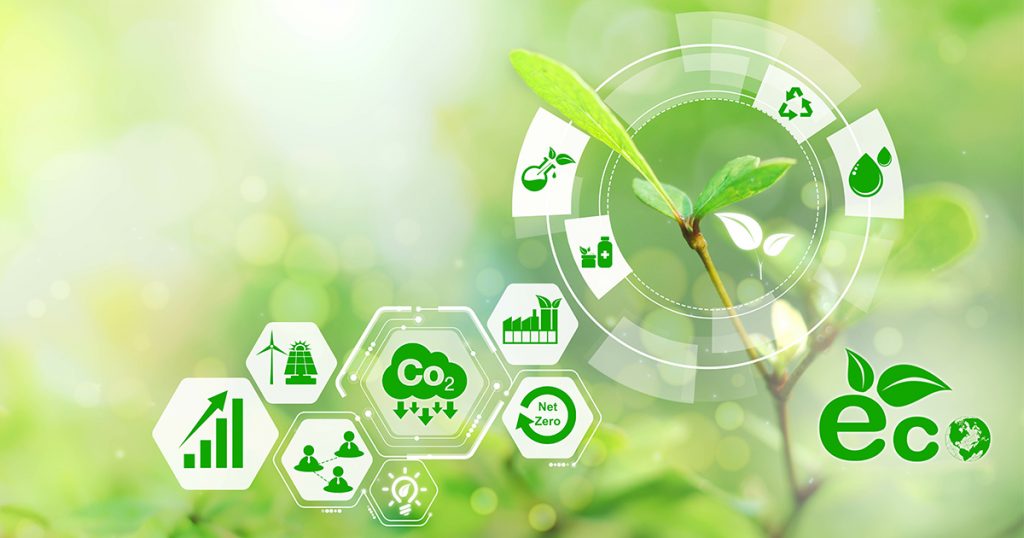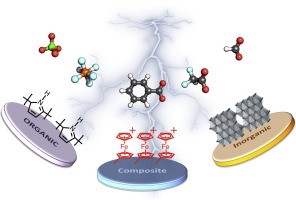Call for Papers
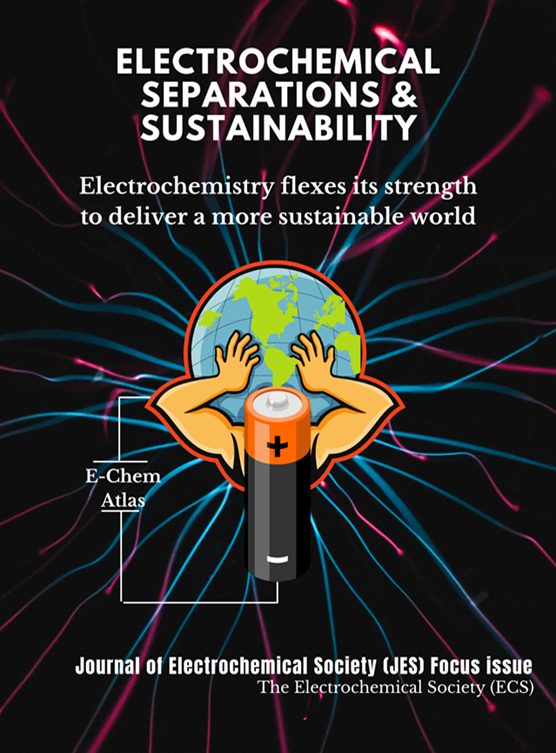
Image prepared by and courtesy of Tanmay Kulkarni, Mario V. Ramos-Garcés, and Christopher G. Arges
The Journal of The Electrochemical Society is publishing a focus issue in connection with the 240th ECS Meeting symposium on Electrochemical Separations and Sustainability 4.
Electrochemical separations can recover or harvest value products at high purity and efficiency, as well as contribute technologies for environmental management and cleanup. These innovative processes become extremely meaningful when integrated with sustainable resources and renewable energy. The current focus issue intends to address fundamental topics as well as modern applications of electrochemical separation technologies.
Electrochemical separations have received renewed attention due to growing challenges in energy, environment, and sustainability. Now the electrochemical separation has been applied in many important areas including gas purification, critical materials recovery, environmental remediation, desalination, and materials recycling. Therefore, it is great timing to have this focus issue to summarize the progress and provide perspective for the future. This topic covers from fundamental electrochemical principles behind separations, to a range of applications.
(more…)



